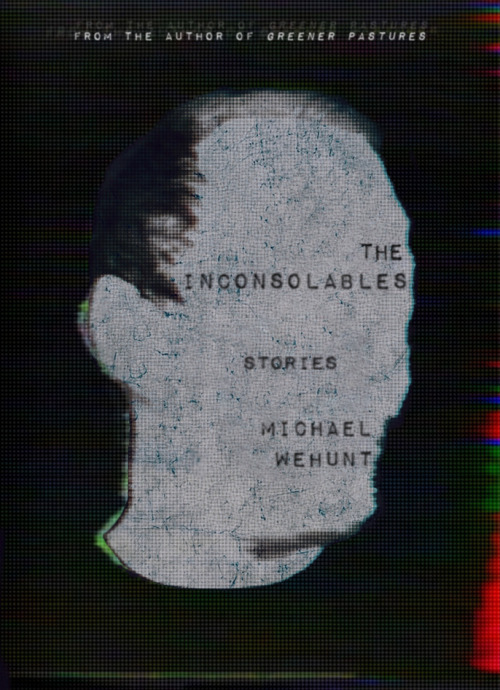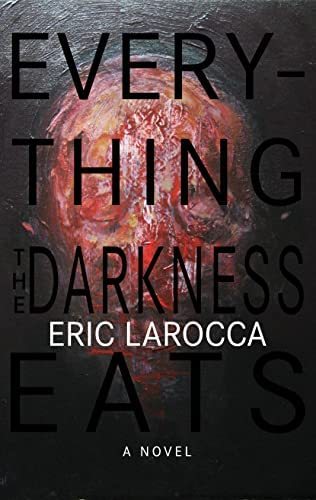A Reprint of Reflections on Reading It for the Fourth Time
This was originally written on Facebook and posted there in 2018. I found it worth reposting, so I decided to put it on my website for the enjoyment of people for whom the Facebook remains locked down. The following is edited and revised from that recollection.
So I finished It for the fourth time.
First, before we begin, allow me to just say that if you bring up the thing I know some of you want to, the thing that’s a kneejerk reaction to even mentioning the book, you will be blocked. I don’t care if I’ve known you all my life or for ten minutes, this is not the time or the place to test me. If you think this is a bluff, well, it was nice knowing you.
The first time I read It, I was fourteen years old, and that’s really a terrible time to read the book, because you only understand half of it. Especially when you live in a sizably affluent suburban idyll and your worst struggles are verbal and psychological. I loved It, but there’s no way to “get” it when you’re fourteen and haven’t experienced too much yet. Mostly, I was just terrified of the creature to the point of never being able to use the bathroom without at least a hint of apprehension for fear that it would get me in there. I read It compulsively, forcefully, because I knew that at the end, the monster would be dead and I could relax. Because as long as the book was open, I would be carrying that monster with me, carrying the horror and malaise of Derry and the thing that used it as its hunting ground within me. Those last pages got me, but I’d never understood them.
Tonight, when the Derry Library’s glass walkway exploded, I almost cried. I didn’t, because it’s difficult for me to cry, but I almost did. Because I understood that, in his own unsubtle way, Stephen King was describing something that’s bothered me for a long time, something personal, something he can put into words that I can’t. The way the memories fade, those last moments where Bill stands and watches the Barrens fade to dusk, the end of the book where Mike slowly loses his memory, it’s the feeling that your past has become a foreign country and you can never truly go back there and be who you were. You have to try and hold on to the moments here and there, but you start to forget, things start to warp and change, people tend to vanish or fade away. It isn’t a book for younger readers, it’s a book for older readers about being young, about creating a place and a very specific set of memories, not nostalgic, not traumatic, but sincere. Genuine.
It’s a sadness no kid knows, because they haven’t lost it yet. It’s the sadness of knowing things were there and then weren’t, that things have a different meaning now than they do then, and some people can hang with that. Some people embrace that. Some of us take longer, because we knew what we were and what we were doing, and then suddenly we’re in a place where none of that is true.
On my bookcase, The Talisman is right next to It, and I think that makes some kind of odd sense. The Talisman is the story of a young boy who comes of age in a traumatic time fighting monsters, and it’s triumphant. Jack wins at the end, and being who he is and who he’s become is that win. The world explodes and the bad people die because everything is finally right with the world.
It is the dark mirror to that. The town explodes and the bad people die, same as in The Talisman, but the town is literally collapsing and all that’s good gets swallowed with the bad. The monster’s dead and the trauma’s all resolved, but with it go the memories of Derry and the deep bonds the heroes have. The Talisman ends with the magic still there. It ends with the magic fading away, with Bill taking one last ride on his childhood bike to do one last thing with the magic the town has left. In the end, the heroes leave, everything fades, and the final bridge between the weird, dark fairytale of adolescence and the more grounded, downbeat melancholy of adulthood finally shatters with that defeat. Bev’s still got to take care of her friend and the disappearance of her abusive husband. Bill’s still got to take care of his wife. Mike’s still got to finish his book and live in a post-It world. They won, but it’s bittersweet, because some part of them was lost in the attempt, and because their lives go on with this weird gothic fantasy part erased entirely.
It’s not happy, but there’s a beauty to that loss. There’s a beauty to the book closing, to that ending. It’s wistful, but the happiest thing the Losers could achieve in the world of It is closure, and they got it. In spades. The melancholy makes it real, somewhat, in a way.
You can say what you like about Stephen King, that’s why I read him, because there’s that part of me that he always manages to find a way into, because for some reason when he’s on, he reaches that soft, secret part of me, of so many Constant Readers. A good King book will run me over like a goddamn Mack truck. And when he’s off, well, hell, it’s still a pretty damn good story, right?
Anyway, I’m kinda fading. I shouldn’t have lit up while reading. It remains one of my favorite books, probably even more so now. Good night, and hope any part of this made some sense.





















